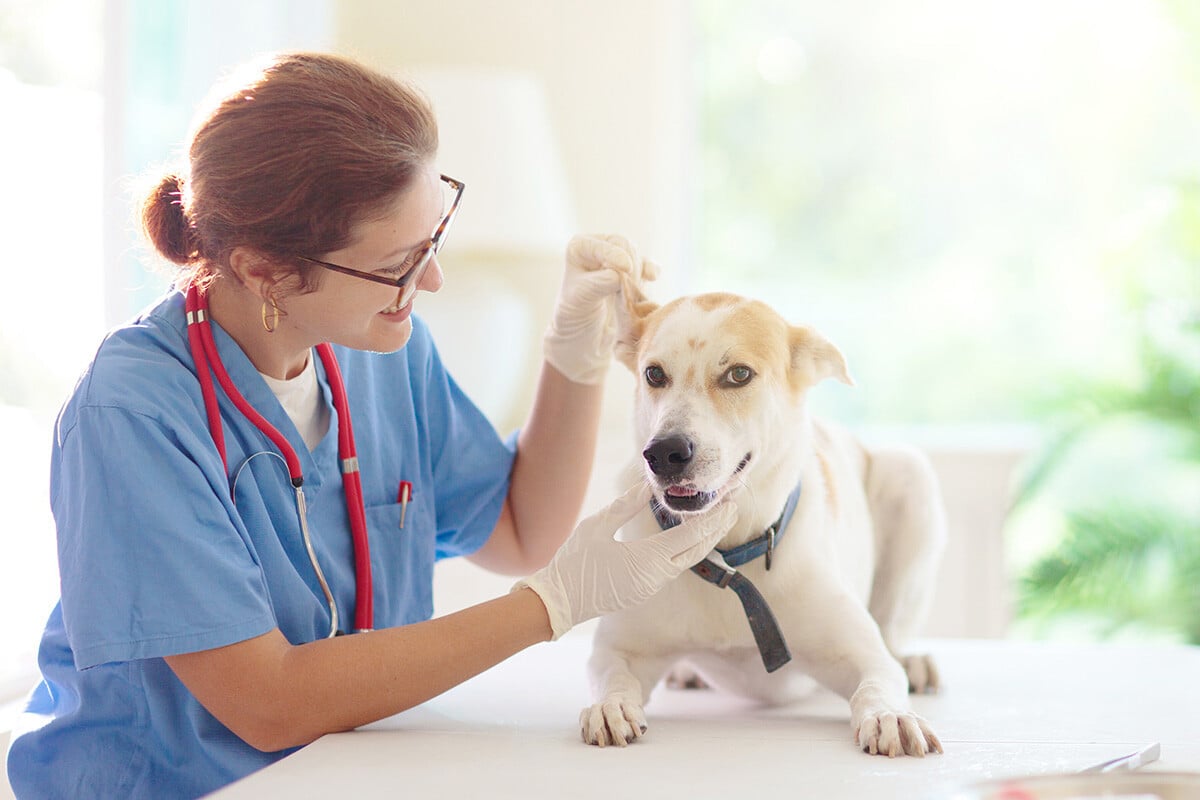
Your global provider of pet specialty healthcare
Your global leader for diagnostics and treatments for companion animals and horses, specializing in allergy, dermatology, otology, and nutrition.
Quick links
Eye on patient, mind on innovation.

0
+
Production facilities
0
+
Countries of presence
0
mil
+
Patients treated
Specialized health solutions for companion animal wellness
Nextmune is a global provider of proprietary diagnostics, prescription and non-prescription treatments for preventive care and treatment of chronic conditions for companion animals, with a strong position within allergy, dermatology, otology and specialised nutrition.
Selected brands.
